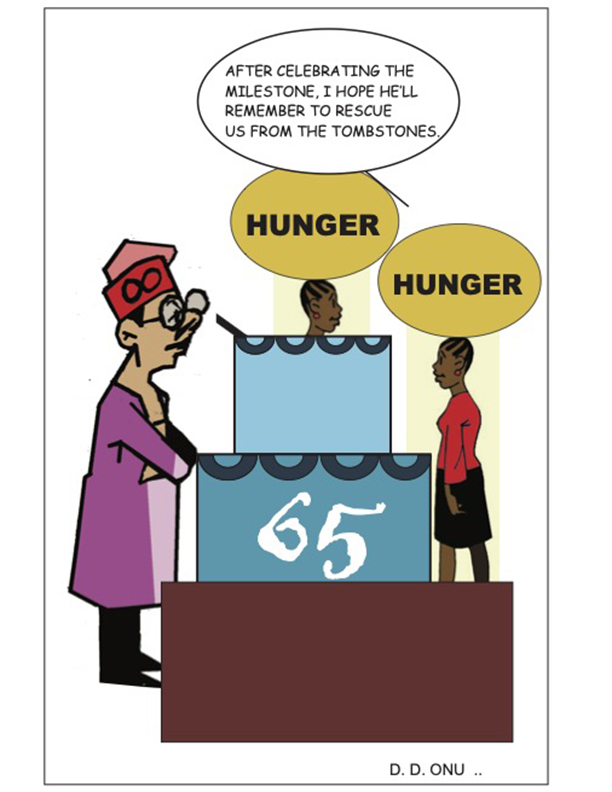The Federal Government’s recent proposal of a 15 per cent tariff on fuel imports, claiming it will deliver “national energy security” and “market stabilisation”, should be critically examined.”
President Bola Tinubu approved a 15 per cent ad-valorem import duty on diesel and premium motor spirit (PMS), also known as petrol.
In a letter dated October 21, 2025, the private secretary to the president, Damilotun Aderemi, conveyed Tinubu’s approval to the Federal Inland Revenue Service (FIRS) and the Nigerian Midstream and Downstream Petroleum Regulatory Authority (NMDPRA).
Tinubu gave the approval after a request by FIRS to apply the 15 per cent duty on the cost, insurance and freight (CIF) to align import costs to domestic realities.
According to the letter, the implementation of the import duty will increase a litre of petrol by an estimated N99.72 kobo.
Let’s examine these generous fictions.
“This Will Reinforce Energy Security”
Apparently, energy security now means making fuel scarce and expensive. The Dangote Refinery produces far below Nigeria’s 66-million-litre daily demand, yet the solution is to tax the imports that actually keep vehicles running? Brilliant. Nothing says “security” like eliminating your backup supply before your primary source works.
“Imports Undercut Local Production”
Translation: our $20 billion refinery can’t compete with imported fuel, so instead of asking why, let’s just ban the competition. Global refineries face import competition daily without requiring their governments to kneecap rivals. But Nigerian consumers should pay premium prices to protect a facility that promised efficiency but delivered excuses.
“The Tariff Will Improve Affordability”
This might be the memo’s boldest lie. A 15% duty adds ₦95–₦100 per litre, which becomes ₦140–₦165 after transport, storage, and margins. Food costs rise. Transport fares jump. Businesses close.
But sure, let’s call economic strangulation “affordability.” Nigerians have already survived subsidy removal and currency collapse; why not add extortion to the list?
“This Serves Public Interest”
Twenty marketers sell Dangote fuel ₦100–₦120 above import prices—no competition, no consequence.
The Bottom Line
Nigeria is being asked to accept a pricing, supply uncertainty, and economic hardship. True reform would allow competition to expose inefficiency, not reward it with tariffs.
Matthew, a public policy analyst, wrote in from Abuja.






